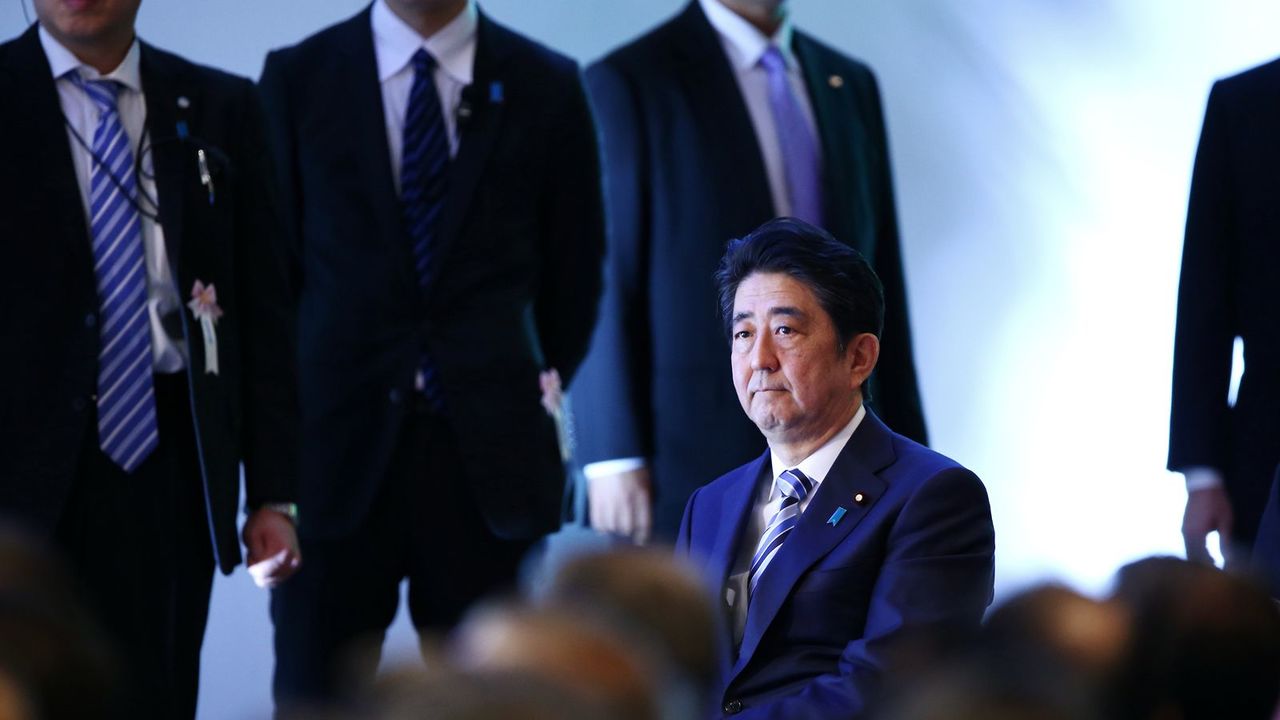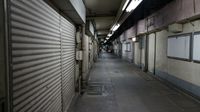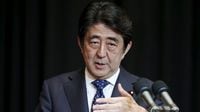
In December 2015, the Liberal Democratic Party (LDP) and Komeito finally put an end to the long debate on which items to continue applying the current 8% consumption tax even after the tax rate is raised to 10%.
The agreed item list was included in the large package of tax revisions for 2016 prepared by these ruling parties along with the plan to reduce the corporate tax rate and revise the vehicle excise tax.
Applying a different tax rate depending on the object of taxation requires significant preparation by both the tax authorities and the taxpayers. After coming this far in the tax hike planning process, most people would naturally think that the government will not reverse its decision to raise the consumption tax as planned.
But such a general view shared among many does not seem to apply to cautious foreign investors who remember the Japanese government’s agonizing decision last year to postpone the scheduled tax hike.
One of them is Moody’s vice president and senior analyst of sovereign risk, Christian de Guzman.
“There is a heated debate going on regarding the preferential taxation package implemented in conjunction with the raising of the consumption tax hike to 10%," said Guzman when he visited Japan in October 2015. " But in the first place, is the consumption tax hike really going to come into effect?”
“People here seem to be turning their eyes away from that possibility. There are still not enough reassuring factors to deny the uncertainty of this country’s financial position,” warned Guzman.
The nation’s economic trend is the key factor to determine whether to push through the planned tax hike. When the government decided last year to postpone the tax hike until April 2017, the real GDP growth rate had been dropping for two consecutive quarters (April to June and July to September of 2014).
At the time, Prime Minister Shinzo Abe explained to the public that raising the tax rate as scheduled from October 2015 “may push down consumer spending and impede our process of breaking away from deflation.”
Many economists currently share the positive outlook that the Japanese economy is brisk and capable of growing 1.51% in 2016. ESP forecast research conducted in December 2015 projected the next year’s growth rate to be 0.9%.
If the Japanese economy grows as projected, the government is likely to push forward the rescheduled tax hike from April 2017. But if external factors like the financial crisis that occurred in China this summer have a ripple effect on Japan and affect the domestic economy adversely, the current forecast can easily go wrong, and the downward adjustment may require the government to draw up a different scenario, including another tax-hike delay as the worst-case scenario.
So, as of today, no one is certain how the top leader of this country will see the economic performance and make his final call. In other words, there is still a possibility that the rescheduled tax hike gets postponed again even though chances may seem slim.
The impact of the rescheduling
What if the rescheduled tax hike is called off again? What kind of impact will such a move have?
The Japanese government is currently planning to use the portion of the tax revenue expected to increase after the consumption tax is raised to 10% as the source to beef up its social security measures.
The government’s current blueprint is planning to spend 2.8 trillion yen (about $23.3 billion) for the social security improvement package that includes the additional grant of 5,000 yen (about $41) per month to low-income elderly pensioners and setting a lower premium for nursing-care insurance to low-income earners.
But if the consumption tax hike is called off, the government will not be able to secure the revenue source to implement these initiatives, at least to the full extent as planned.
The postponement of the tax hike will not only impact the government’s financial policies but will also make it more difficult for the country to keep its promise made to the international community about turning the primary balance to the black by 2020.
The latest estimate disclosed by the government in July 2015 indicated that even if the country reaches a high nominal growth rate of 3% by raising the consumption tax to 10%, the primary balance will still be 6.2 trillion yen (about $51.7 billion) or 1% vs. the GDP in the red in 2020. Needless to say, the projected deficit will most likely be much worse if the tax hike is called off.
Actually, the issue on the revenue source already exists regardless of whether the tax hike will be postponed again. The ruling parties agreed to maintain the 8% tax rate on all “fresh and processed food items,” excluding liquor and restaurant meals, even after the consumption tax is raised to 10%.
Tax authorities are estimating that the total revenue from the tax hike will be around 1 trillion yen (about $8.3 billion) less if this preferential taxation plan is fully implemented as agreed.
Although it may take some time for the tax authorities to come up with detailed calculations and adjustments, they would, in any case, have to secure roughly 1 trillion yen (about $8.3 billion) from different revenue sources in order to implement the aforementioned referential taxation package.
Adverse effect of the reduced tax rate
One option that could be considered is the tobacco tax hike. But if the tax authorities cannot find sufficient alternative sources to cover the shortage, they may even have to drop the plan to beef up the social security measures altogether or, if not, downsize it significantly.
How ironic it would be if the plan to enhance the social security programs for low-income earners cannot be implemented because of the financial constraints created by the preferential taxation measures aimed at alleviating their tax burden.
From the beginning of the process to plan the preferential taxation package, the ruling parties were not in full accord. Komeito strongly advocated the need to keep the 8% tax rate for a wide variety of necessities. LDP was not in favor of this idea but ended giving in to most of Komeito’s requests.
The political decision made by the Abe administration in this process revealed that this administration may prioritize the irrational over the rational to meet its political interests. This logic may be considered a political setback for this administration and complicate the policymakers’ decision-making process in the future.
The consumption tax has long been on the agenda that led to many political maneuvers in the past. A number of challenging steps must still be climbed before the government can put the tax hike into effect. To reach this goal, the road ahead looks quite winding with many foreseeable twists and turns.
One particular political event that may largely affect the course of this tax policy is the Upper House election scheduled for July 2016. There is even a rumor that the Abe administration may decide to make it a double election to reshuffle the Lower House seats as well if the timing works out to further strengthen its majority rule.
In November 2014, Prime Minister Abe publicly stated that “the official date to raise the consumption tax will be extended for 18 months (to April 2017). There are some who say that this reschedule may be postponed again. Let me be crystal clear about such view. That would not be an option.”
Whether or not he can keep his word and the commitment he made a year ago will become crystal clear to the public in 2016.



